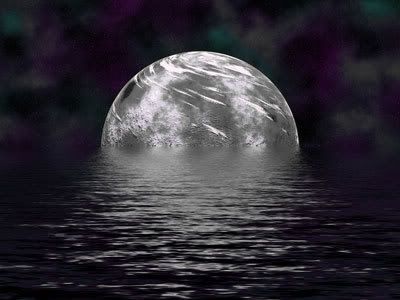
TrES-4 orbits a star called GSC02620-00648 and takes only 3.55 Earth days to finish a revolution. The planet is mostly made up of hydrogen and is classified as a gas giant, like Jupiter, Saturn, Neptune and Uranus in our solar system.
The excitement about TrES-4 is not just because of its size -- it's because some scientists believe the planet is so large yet so light that it shouldn't exist at all. TrES-4 is 70 percent bigger than Jupiter, our solar system's largest planet, but has 25 percent less mass [source: National Geographic]. Georgi Mandushev, the lead author of the journal article announcing the planet's discovery, said that "theoretical models of planets cannot explain this one" [source: ABC News Australia]. It's been called part of a group of "fluffy planets," but no planet so large and yet so lacking in density has ever been found [source: Scotsman].
Mandushev told National Geographic News that the planet's density of 0.2 grams per cubic centimeter was similar to balsa wood, which is known for being extremely light and is used in model airplanes [source: National Geographic]. TrES-4's low density has led some to say that the planet could float on water [source: The Guardian]. (Water's den sity is 1 gram per cubic centimeter, while Jupiter's is 1.33 grams per cubic centimeter.)
sity is 1 gram per cubic centimeter, while Jupiter's is 1.33 grams per cubic centimeter.)
But notions of a planet floating on water are only theoretical. In actuality, it would be impossible for an entire planet to literally float on water. First, TrES-4 is a gaseous planet; one researcher said that it likely doesn't have any solid areas on its surface [source: Scotsman]. If TrES-4 somehow crossed paths with a less massive planet, TrES-4 would probably swallow the smaller planet up, while a larger planet could, owing to its greater gravity, tear TrES-4 apart. Even so, the concept of a planet floating on water highlights how unusual TrES-4 is.
Scientists from the Transatlantic Exoplanet Survey speculate that TrES-4 has such a large size relative to its mass because of its high temperature -- around 2,300 degrees Fahrenheit. Further study of the planet will focus on how it can be at once so large and so light while closely orbiting its parent star.
No comments:
Post a Comment